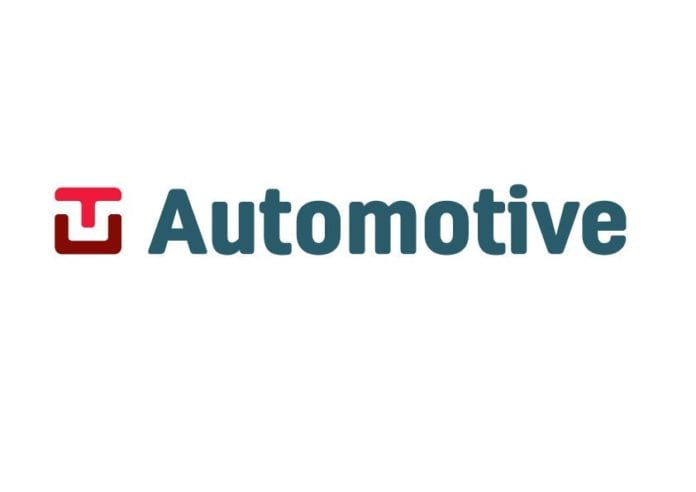This week I spoke with Gareth Ragg, strategic director for TU Automotive about big data and the connected car. Everyone across the telecommunications and IT industry is talking about big data. This isn’t a new topic, so it shouldn’t be a surprise that it’s also a hot topic in the connected car industry.
Because the big data discussion has been around for a while now, it has also become one of those terms like “Internet of Things” or the connected car that results in a different definition with every new person you ask to define it. Which is where I started my discussion with Ragg, who felt that we are solidly in the “buzzword” stage when it comes to big data. There’s a huge amount of potential here, but it’s still to come. No one can say there isn’t a great deal of potential with all of the data traffic growth from the increased numbers of sensors and the desire for more insights about our respective business areas.
“In reality we are still looking toward the promise of big data,” said Ragg, “we’re still at the buzz phase.”
Moving on to big data in the context of the connected car, another hot topic, this concept might be a little more clearly defined. Telematics is defined as the transfer of data to and from the vehicle; so is big data in the connected car equal to telematics? For the vehicle data, maybe it is. The increase in car sensors drives an increase in data and challenges the automotive industry with how to transfer, store and analyze the information. Now there’s the customer data to deal with and this isn’t so easily answered.
So who owns all of this data? Everyone across the industry likely has a different answer on this topic. I asked about TU Automotive’s view on this topic. Regarding the customer data, TU said it’s owned by the driver. In order for the driver to share data with service providers or original equipment manufacturers, there needs to be a clearer value proposition as to why they should and how it will impact their world by doing so.
Regarding the vehicle data, that isn’t as clear. Should this belong to the owner or the OEM. The OEM would say it’s theirs and some OEMs even say the customer driving data is theirs. There needs to trust built as to the proposed use of the information, as with “anonymization” it could drive a lot of value as future vehicle requirements are determined. These could relate to safety, convenience and entertainment functionality.
With all this data crossing the airwaves, who is responsible for keeping it safe? The OEM seems to be the consistent answer regardless of who you ask across the industry. And then it needs to be stored somewhere. This is where the best solution still holds many questions. Although OEMs may want to manage this data, they don’t currently have the infrastructure in place and it will likely take some time to do so. In the interim, it could be a mix of carriers and data storage houses partnering with the OEMs.
The connected car ecosystem needs to be more open and by taking lessons learned from other industries (IT and telecom) and incorporating them into this area it can happen. Topics such as data analytics, data aggregation and storage can cause disruption in the way the data is used.
Will we see advertising in the connected car? Ragg felt that monetizing big data required some form of advertising. But of course it must be of contextual value to the driver and not cause distraction. Possibly special offers during a travel route based on expressed preferences or offers related to vehicle maintenance are good ways to begin this activity.
The last topic we touched on was that of the industry showing signs of disruption. One such topic is mobility and I hear this raised a great deal recently. Mobility is the travel route from point A to point B and may have nothing to do with your car. By saying I want to go there, the response could be your car, public transportation, car sharing or a mix of options along the route. I’m sure there will be more innovation to come and TU Automotive will continue to share it with us as it becomes a reality.
Claudia Bacco, Managing Director – EMEA for RCR Wireless News, has spent her entire career the telecom, IT and security. Having experience at an operator, software and hardware vendors and as a well-known industry analyst, she has many opinions on the market. She’ll be sharing those opinions along with ongoing trend analysis for RCR Wireless News.
Like what you read? Follow me on twitter!

